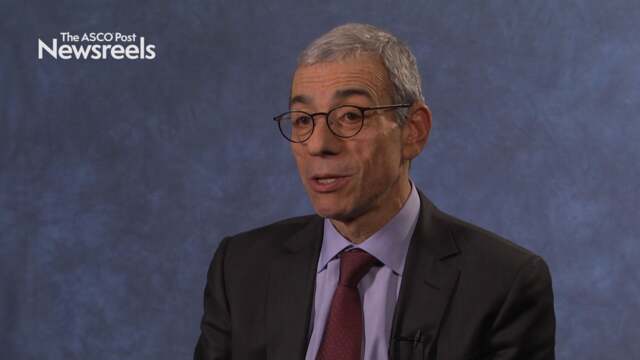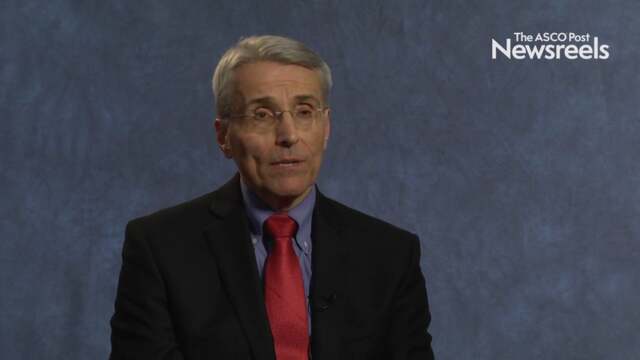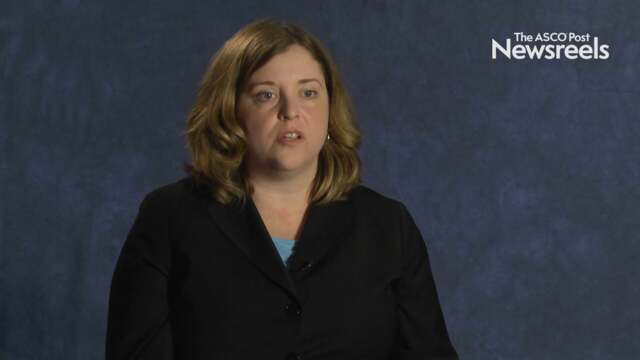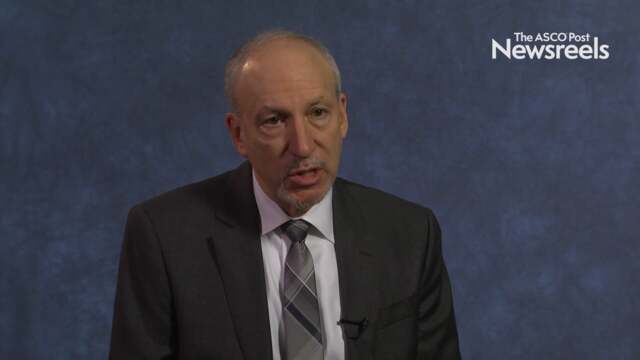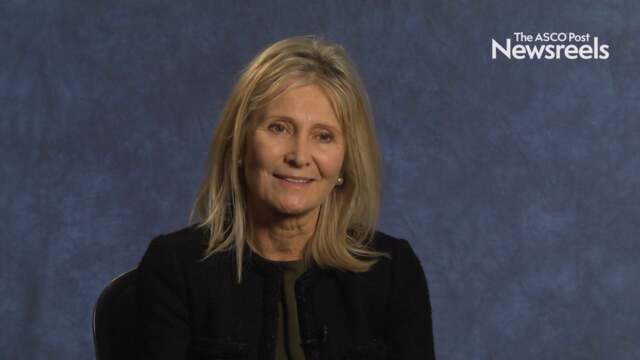Vered Stearns, MD, and Prudence A. Francis, MD, on ER+ Breast Cancer: Controversies in Adjuvant Treatment
2017 San Antonio Breast Cancer Symposium
Vered Stearns, MD, of Johns Hopkins University, and Prudence A. Francis, MD, of the Peter MacCallum Cancer Centre, discuss two key topics in adjuvant treatment: endocrine therapy for premenopausal women with ER+ breast cancer and finding the optimal duration of treatment.
Eric S. Winer, MD, of the Dana-Farber Cancer Institute, addresses the much-discussed controversy over whether all women diagnosed with metastatic breast cancer should undergo next-generation sequencing.
Richard Pazdur, MD, of the U.S. Food & Drug Administration’s Oncology Center of Excellence, discusses the rapid changes in evaluating and approving new and effective agents, incorporating the view of patients in the process, and modernizing clinical trial design with broader eligibility criteria.
Lynn J. Howie, MD, of the U. S. Food & Drug Administration, discusses a pooled analysis of outcomes of older women with hormone receptor–positive metastatic breast cancer treated with a CDK4/6 inhibitor as initial endocrine-based therapy (Abstract GS5-06).
Lee S. Schwartzberg, MD, of the West Cancer Center, discusses phase II study findings evaluating exemestane with or without enzalutamide in patients with hormone receptor–positive breast cancer (Abstract GS4-07).
Silvia C. Formenti, MD, of Weill Cornell Medicine, discusses the high therapeutic potential of combining radiotherapy with immunotherapy and findings that show radiation dose and fractionation seem particularly relevant to the success of abscopal responses. The science has now matured to clinical translation.
